COURSE OVERVIEW
PE0060 : Fertilizer Manufacturing Process Technology
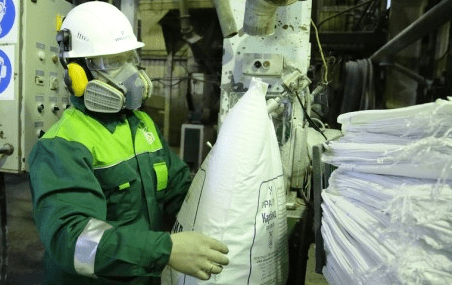
OVERVIEW
| COURSE TITLE | : | PE0060 : Fertilizer Manufacturing Process Technology |
| COURSE DATE | : | Jan 26 - Jan 30 2025 |
| DURATION | : | 5 Days |
| INSTRUCTOR | : | Mr. Robert Harvey |
| VENUE | : | Al Khobar, KSA |
| COURSE FEE | : | $ 5500 |
| Request For Course Outline | ||
Course Description
The fertilizer industry is essentially concerned with the provision of three major plant nutrients - Nitrogen, Phosphorus and Potassium (NPK) - in plant-available forms. All major nitrogen (N) fertilizer sources begin with the fixation of non-plant available atmospheric N2 molecules into anhydrous ammonia molecules (NH3). The process of converting N2 to NH3 is referred to as the Haber-Bosch process.
Ammonia synthesis requires large amounts of energy. Nowadays, ninety-eight percent of the ammonia produced in the world is by catalytic steam reforming of natural gas. The gas is converted to hydrogen, purified, and reacted with nitrogen to produce ammonia. The development of ever larger, gas-based ammonia plants, affording large amounts of by-product carbon dioxide allowed for utilizing this carbon dioxide in the manufacture of urea. Urea is the product of the reaction of ammonia with carbon dioxide. It contains 46% N. Consequently, it offered a further significant advance in plant nutrient concentration, and hence in savings in nutrient transportation and distribution.
Today, urea is one of the most common nitrogen fertilizer. Urea manufacture is associated with anhydrous ammonia production in modern plants because carbon dioxide is a by-product of ammonia production and is thus readily available to react with the ammonia. The urea can either be dried and granulated into 46% N urea fertilizer, or dissolved in water with ammonium nitrate to make urea ammonium nitrate (UAN) solution.
In most of the modern fertilizer manufacturing plants, most of the ammonia is used on site in the production of urea. The remainder is sold domestically for use in industrial refrigeration systems and other applications that require anhydrous ammonia. The urea is used as a nitrogen-rich fertilizer, and as such is of great importance in agriculture and is also used as a component in the manufacture of resins for timber processing and in yeast manufacture.
This course is designed to provide an in-depth view of nitrogen fertilizer production technologies in general and the production of ammonia and urea using natural gas in particular. The course will guide participants to identify future trends and needs of this fast pace industry. The course will examine the status and the most recent fertilizer production technologies to produce fertilizers and intermediate materials. Looking further ahead, the course will review some potentially significant developments and concepts that may impact the manner in which ammonia and urea are produced. Some of these manufacturing routes are being tested or employed at few plants around the world, but have yet to be fully developed into commercial processes.
The course will also provide an opportunity to exchange ideas and disseminate information through discussion of the various technical, economic, safety, and environmental issues. The knowledge gained will enable the participants to solve specific problems at his/her plant as well as improve its operation and enhance its profitability. Further, the course will review new technologies such as isobaric manufacturing, the use of gas heat reformers, hydrogen separation, carbon dioxide removal technology, product ammonia separation, and high activity synthesis catalyst which can result in a significant reduction in energy consumption when compared with traditional technology.
link to course overview PDF
TRAINING METHODOLOGY
This interactive training course includes the following training methodologies:
LecturesPractical Workshops & Work Presentations
Hands-on Practical Exercises & Case Studies
Simulators (Hardware & Software) & Videos
In an unlikely event, the course instructor may modify the above training methodology for technical reasons.
VIRTUAL TRAINING (IF APPLICABLE)
If this course is delivered online as a Virtual Training, the following limitations will be applicable:
| Certificates | : | Only soft copy certificates will be issued |
| Training Materials | : | Only soft copy materials will be issued |
| Training Methodology | : | 80% theory, 20% practical |
| Training Program | : | 4 hours per day, from 09:30 to 13:30 |
RELATED COURSES
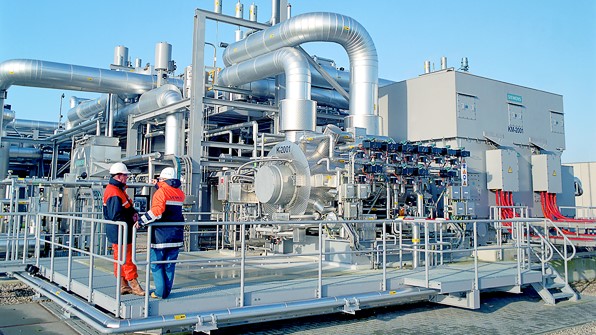
PE0114 : Process Plant Troubleshooting & Engineering Problem Solving
- Date: Jan 11 - Jan 15 / 3 Days
- Location: Cairo, Egypt
- Course Details Register
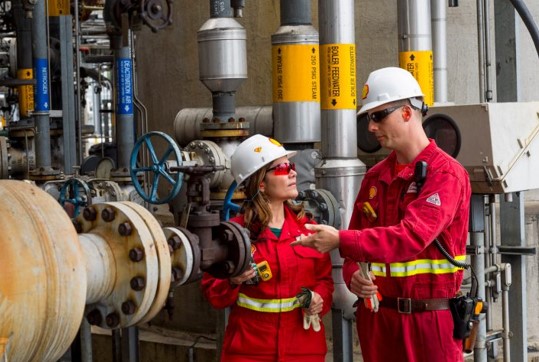
PE0640 : Troubleshooting Process Operations
- Date: Jan 11 - Jan 15 / 3 Days
- Location: Cairo, Egypt
- Course Details Register
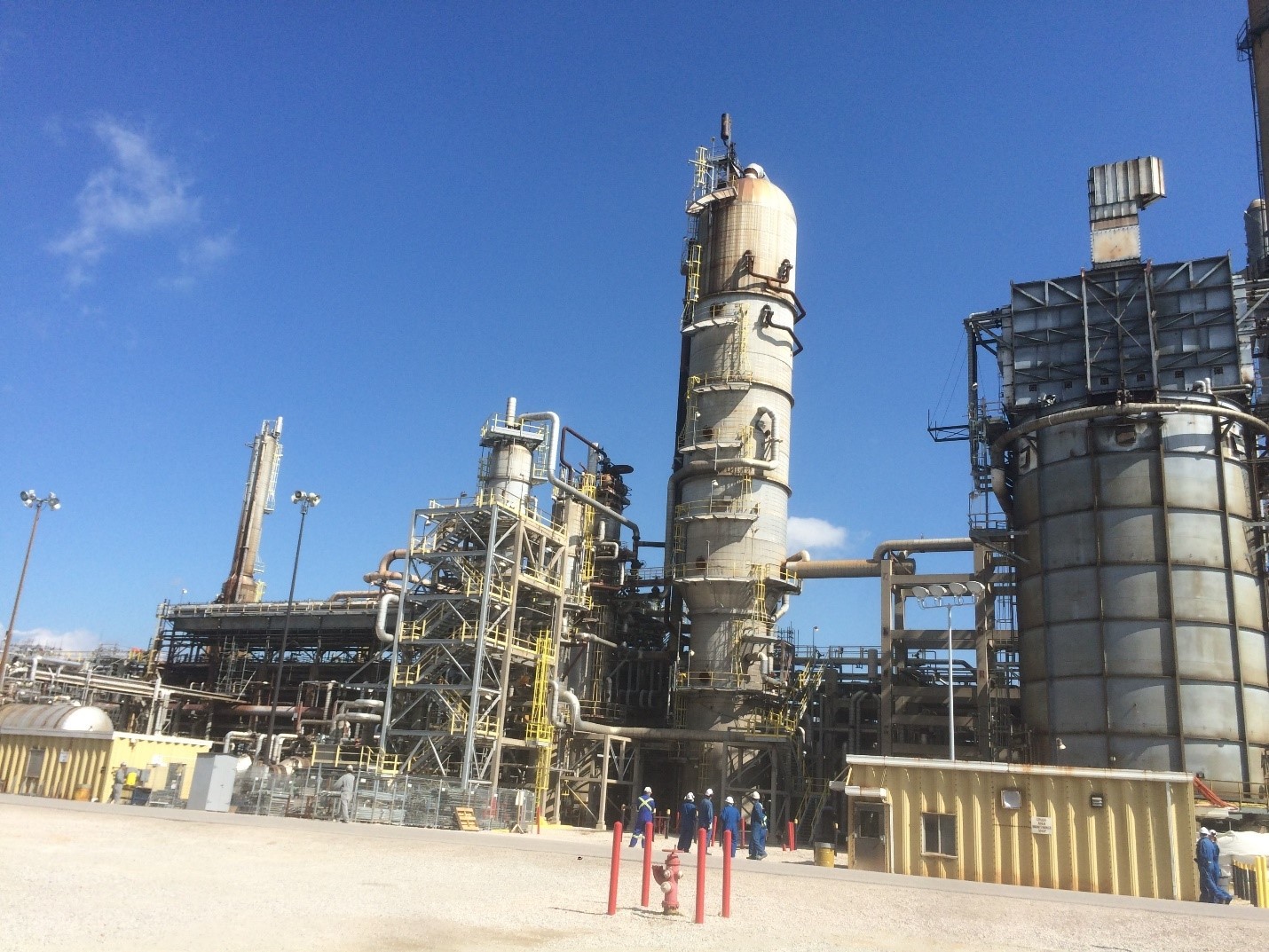
PE0390 : Distillation Design, Operation, Control & Troubleshooting
- Date: Jan 11 - Jan 15 / 3 Days
- Location: Dubai, UAE
- Course Details Register
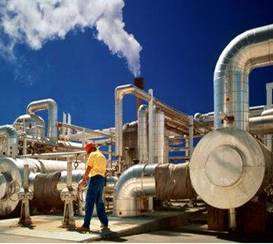
PE0230 : Process Plant Startup, Commissioning & Troubleshooting
- Date: Jan 08 - Jan 12 / 3 Days
- Location: Istanbul, Turkey
- Course Details Register
